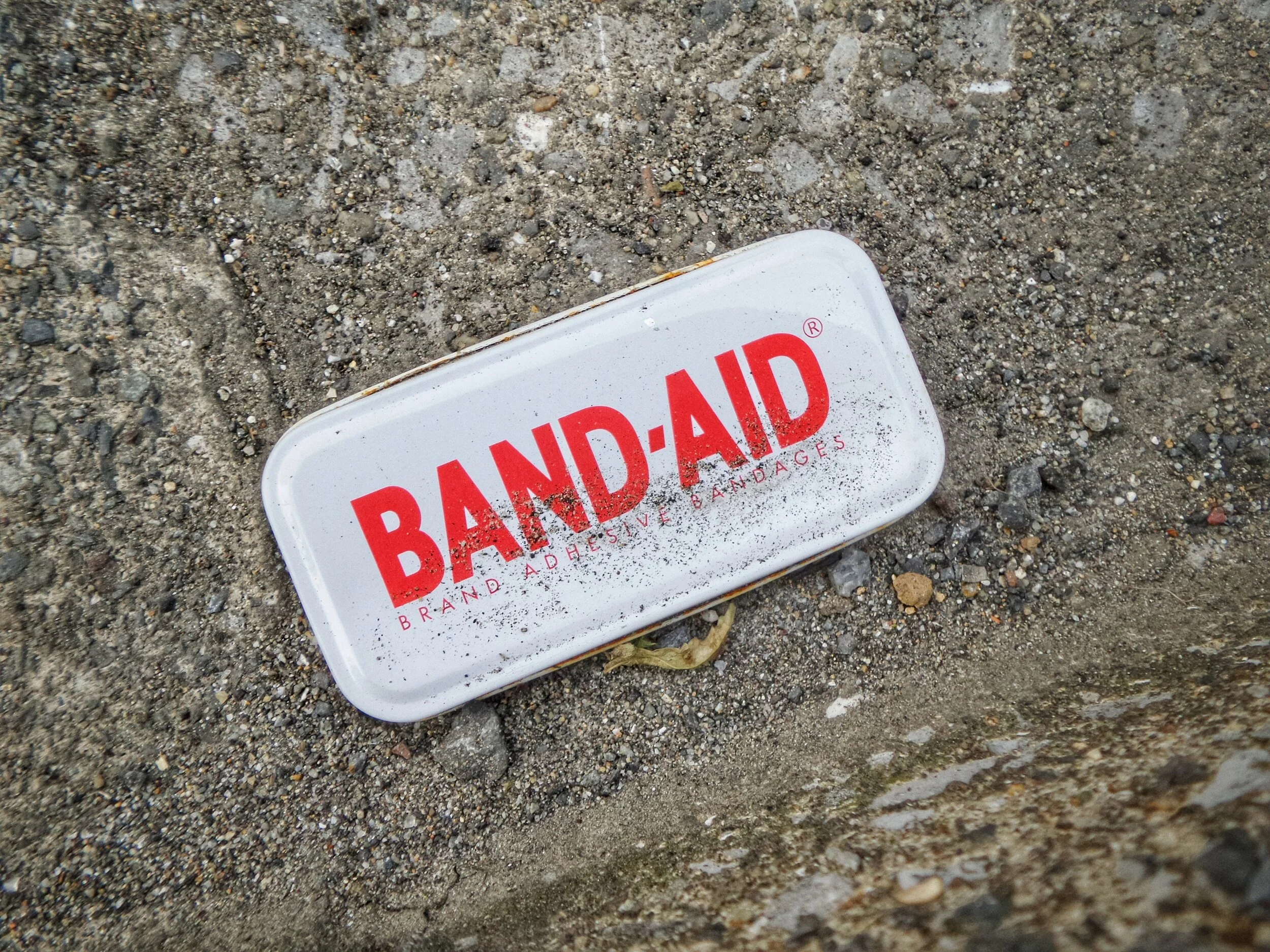Did you just pass your exam?
Congratulations!!!
This is IT! You did it!
You’ll soon (if you haven’t already) begin to hear these common sentiments:
“Your field is SO small!”
“Do you know everyone?”
“You know (insert name)?!”
We are all members of an amazing community of individuals who love and practice the science of behavior. It’s such a vast and diverse community but it is also small.
“With great power comes great responsibility”
This post was written in advance of the release of the November 2019 exam results.
At that time, there were currently 36,106 Board Certified Behavior Analysts and 3,747 Board Certifed Associate Behavior Analysts worldwide according to the BACB registry. At any given time, there are hundreds of students and individuals pursuing their education and experience towards becoming board certified. When I look at the number on my certificate, I have difficulty fathoming the 28,820 BCBAs who have come after me. That’s so many behavior analysts out there!
Let’s gain some perspective though. Today, there are over 800,000 licensed, professional engineers in the United States. There are over 100,000 employees who work for Google’s parent company, Alphabet. Amazon employs over 50,000 people in the Seattle metropolitan area. There were 23, 495 total individuals enrolled in Harvard degree programs in the fall of 2018.
36,000 people is a lot when I think about it. I wonder though if you attend one of the larger, non-regional conferences, how many people do you see that you know personally, were taught by, or trained with? Are any of them “famous”?
Chances are that you meet at least one person that you knew. That person also knows people and those people know other people. Before you know it, your reputation has spread far beyond your little region. Do you see where I’m going with this?
Professionalism
I feel like no one wants to talk about it unless its to tell you you’re being unprofessional. There are rarely opportunities to contact reinforcement for behaving in a professional manner. Do you know what it means to be professional? Did you have a professor or supervisor who encouraged you to act professionally and modeled that behavior? Also, were you taught professionalism in school?
Professionalism and the BACB
I recently dug into the Professional and Ethical Compliance Code for Behavior Analyst (PECC) looking for professionalism within it. At first glance, it seemed to be mostly ethics but when I looked beyond the surface, it was all there…
A behavior analyst is honest
A behavior analyst follows through on their commitments and obligations.
A behavior analyst doesn’t make commitments they can’t keep
A behavior analyst doesn’t discriminate against others
A behavior analyst doesn’t behave in a way that is harassing or demeaning
A behavior analyst is self-aware to recognize when personal problems may interfere
A behavior analyst maintains a relationship with a client in a manner that is entirely service-related.
A behavior analyst doesn’t sleep with their clients, students or supervisees ...well not until 2 years have passed
A behavior analyst puts their clients care first
Hmmm ...sometimes I look at that and think that’s just being a good human. Let’s look further into some of these criteria.
Honesty
Honestly is typically the best policy. Honestly, it can be a tricky thing to deliver. It requires tact. You can almost always deliver the honest truth but sometimes it is all in HOW you deliver that information. Take a deep breath if you need to be honest about something hard. You can do it but it is easier done when calm and prepared. I don’t think that this is exclusive to being a BCBA. Shouldn’t we all strive to be honest?
Follow-Through
I think that, regardless of your profession, following through on commitments is important. It ties into being honest. If I say I am going to do something, then I am going to do it. Showing up when you said you would, sending the documents you said you would, or maintaining an appointment with a supervisee all speak wonders to your reputation as a “professional” as well as being an overall reliable person.
Integrity
Being honest about your ability to meet an expectation is critical for being considered a professional. Knowing your limits as far as what you can and cannot do with your time is so important. If you fill every single minute of the day with scheduled plans and commitments that leaves very little space for a passion project. If you are unsure if you will be able to deliver on what you said you would do, don’t agree!
Discrimination
Our PECC states that we shouldn’t discriminate while engaged in work-related activities. This is not enough. We should all strive to be open, accepting and accommodating to others, regardless of the setting. When others see this behavior, it can cause alarm.
Harassment
It is never ok to harass another individual or make them feel less than valued. The more you speak with conviction, integrity, and knowledge, your reputation as a professional will increase. When others hear you engaging in this behavior, more than just your professionalism is called into question. Often, people begin to look below the surface.
Self-Awareness
Essentially, don’t take your personal problems out on others. In the workplace, home, or with friends, It's never ok to make someone feel poorly based on a personal issue. When engaged in work, if you do not feel that you can separate something that is happening outside of there, you need to step back. Often, this can simply be taking a break for a short time (a few hours) or maybe some extended PTO (2+ weeks).
Dual-Relationships
We are with our families for the sole purpose of providing behavior analytic services. If we become aware that multiple relationships have occurred, we are tasked with resolving it. In an effort to maintain relationships mainly in the effort of service delivery, the behavior analyst is to refrain from accepting any gifts from our clients or their families. In addition, we are prohibited from giving gifts to our clients and their families. I know for a fact, this is tough for many providers and their families. This article coincides with both the release of the November 2019 exam results and the 2019 holiday season. While the behavior analyst must be cognizant of the no-gifts stipulation at all times, it is never harder than around the holidays. Stay strong fellow busy BCBAs!
Exploitive Relationships
We’ve all heard of them. They did occur. We know the professors who dated their students...remember, our field is incredibly small. One of the better tasks a behavior analyst has as we grow as a field is to continually do better. We can make the world and our field a better place. Therefore, we refrain from any relationship that is exploitive. This means someone we supervise, evaluate or otherwise have authority over. Therefore, we do not engage in sexual relationships with our clients, students or supervisees. These relationships have the possibility to develop into an exploitive relationship, which is prohibited. A small, interesting caveat is that these relationships are permitted 2 years following the termination of the professional or service related relationship.
Clients (Care) Come First
This is a controversial statement and one that I notice is more difficult to breakdown for our newer certificants. This means, that we prioritize the best interest of the client. This should not come at our own expense. The slightly controversial view of The Busy BCBA is that if we cannot care for ourselves, then how can we possibly provide the highest quality services to our clients? A dear coworker of mine, upon hearing that I was considering canceling a doctor’s appointment because it interfered with a work-related meeting candidly stated: “You’re no good to anyone if you’re dead.” True.
You are a better clinician for taking care of yourself. This comes in a variety of ways. Remember, we are lifelong learners. Keep engaging in professional development, seek mentorship, go to your doctor’s appointments. See the dentist. Reduce your screen time, invest your mental energies into those around you. Make eye contact when you’re speaking to someone. Remember that small number of clinicians we have? We need you to stay strong and continue to grow and learn.
You’re SO very important.
Please note, if you did NOT get the news you wanted to hear when results were released, would you consider taking your test prep to the next level? Check out our Test Prep Accountability course we’re launching at the end of this month. I think it will be a game-changer
References:
Behavior Analyst Certification Board. (n.d). BACB certificant data. Retrieved from https://www.bacb.com/BACB-certificant-data.
Behavior Analyst Certification Board. (2014). Professional and ethical compliance code for behavior analysts. Littleton, CO: Author.
National Council of Examiners for Engineering and Surveying®








